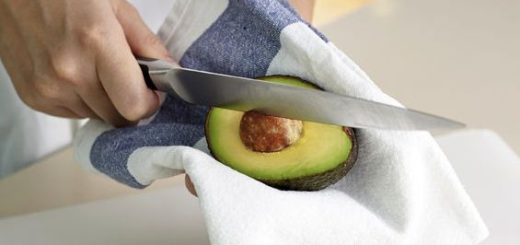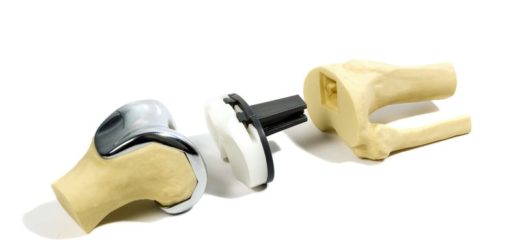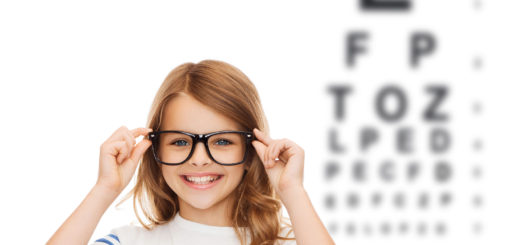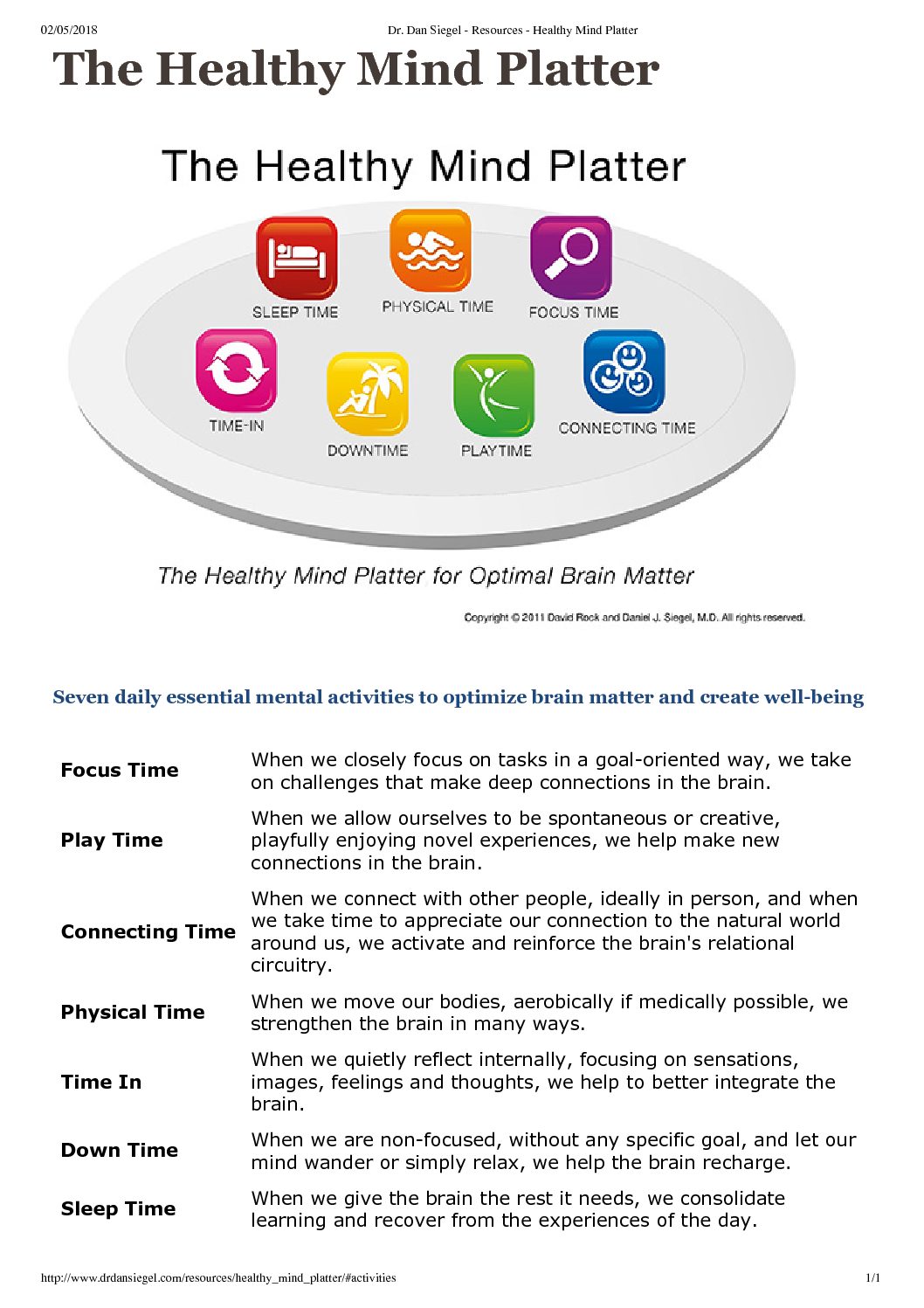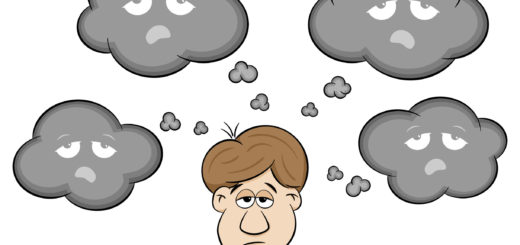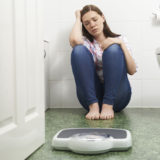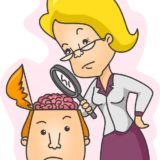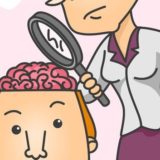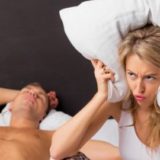How Sleep Apnoea Can Affect Kids
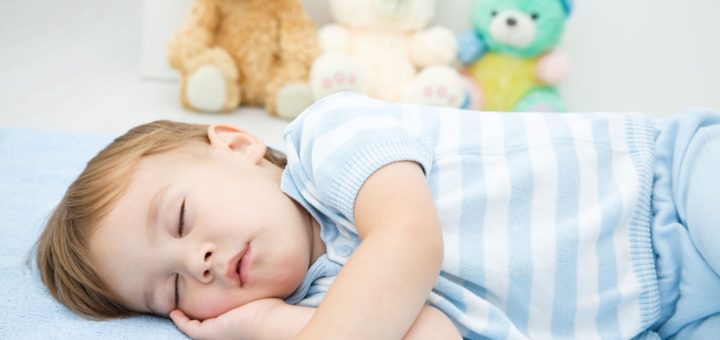
Sleep apnoea is a condition more likely to affect adults rather than children. However, sleep apnoea does occur in about 2-3 per cent of children under 10 years of age.
What are the symptoms of sleep apnoea in children?
ENT (ear, nose & throat) specialist at the Wesley Hospital in Brisbane Dr Simon Nasser, advises that just like in adults, the main symptom is heavy snoring. It tends to be loud snoring present on most nights. The snoring can sometimes be interrupted by episodes of complete blockage of breathing, resulting in gasping and snorting noises but absence of this symptom does not exclude sleep apnoea. Restless sleep and frequent waking are also common.
This frequent lack of oxygen throughout the night makes sleep very unrefreshing. In turn, this can result in fatigue, disruptive behaviour and inattention, falling asleep in class and headaches. Sleep apnoea can also result in increased urine production overnight contributing to bed-wetting. The chronic oxygen deprivation can also result in hormonal changes resulting in slowed growth, obesity and high blood pressure.
What causes sleep apnoea in children?
A common cause is enlarged tonsils and adenoids. Chronic nasal congestion often contributes to sleep apnoea and certain body types are also at increased risk.
What is the treatment for childhood snoring and sleep apnoea?
Please see you GP for advice if you are worried about your child snoring. Not every child who snores has sleep apnoea. Similarly, disruptive behaviour or bed-wetting are common problems with many causes.
Sometimes simply using a steroid nasal spray can alleviate nasal congestion and snoring.
However, if the cause of the sleep apnoea is enlarged tonsils and adenoids, having them removed is the best treatment. Dr Nasser says ‘adenotonsillectomy’ has a cure rate of 85-90%. See your GP for a referral to an ENT specialist for further advice.


